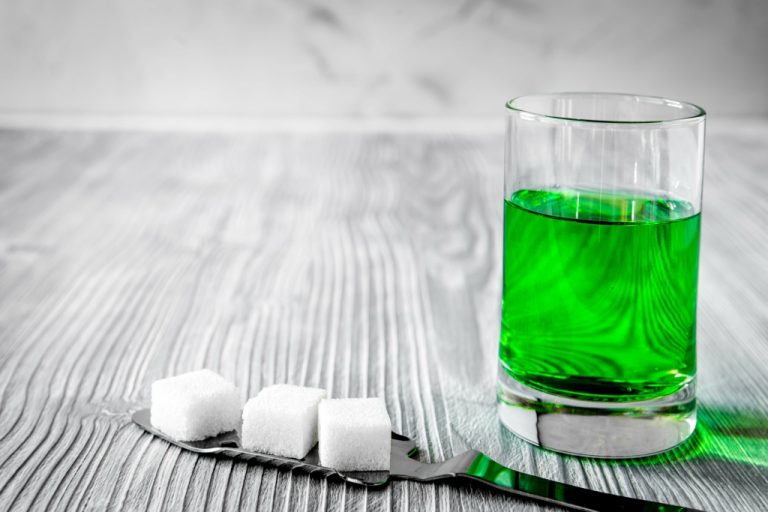However, with proper support and guidance, seniors can overcome this obstacle and regain their mental clarity. Seniors should be patient and persistent as they work towards improving their mental health. Remember, seeking help is always a sign of strength, and there are many resources available to seniors in need. While the mental effects of alcohol consumption are well-known, the physical effects are equally significant and can last for several days. You can ask your doctor about using certain medications to treat alcohol-related brain fog.
- Alcohol affects your sleep cycle by disrupting the sequence and duration of normal sleep, reducing your brain’s ability to learn and retain information.
- The most effective way to eliminate brain fog is to abstain from alcohol.
- These medications can be an important part of a comprehensive treatment plan that includes therapy, peer support, and personalized care plans.
Seeking professional help:
- After a night of heavy drinking or downing some heavy liquor, have you ever felt hungover and confused the next morning?
- Depending on the severity of the brain fog and other related symptoms, a healthcare provider may recommend medication, therapy, or other interventions to support recovery.
- Navjeet cares deeply about your well-being, offering holistic care that addresses both your physical and emotional needs.
- These structural changes contribute to the cognitive deficits observed in individuals struggling with alcohol use disorder (AUD).
- However, alcohol suppresses glutamate’s effects, leading to even slower brain activity.
However, it could be a symptom of an underlying medical condition. If you experience brain fog regularly, and insufficient sleep or fatigue is likely not the main cause, there could be lurking issues that are at the root of your fuzzy thinking. If your mental fatigue interferes with your daily routine or is accompanied by other symptoms, it may be time to https://mycrolance.com/how-long-do-you-live-with-nafld-survival-rates/ reach out to your health care provider for brain health support. Ever found yourself lost in a fog after a night of heavy drinking? That misty cloud obstructing your mental clarity is known as alcohol-induced brain fog, a common yet overlooked symptom of alcohol withdrawal. But how does this fog form and, more importantly, how long does brain fog last after quitting alcohol?

What Is Brain Fog and Why Does It Happen After Drinking?

Nutritional deficiencies caused by alcohol can also impact energy levels, and the body’s dependence on alcohol means that it has to work hard to rebalance its chemistry, which can be tiring. For some, symptoms may clear within a few days of abstinence; for others, it can take weeks or even months. Chronic alcohol foggy head days after drinking users may experience longer-lasting effects due to structural changes in the brain. Seeking professional help can accelerate the recovery process by addressing nutritional deficiencies, improving sleep, and supporting mental health during detox and rehabilitation. In conclusion, brain fog after drinking is something many people experience, and it can be frustrating.

Medical Care for EDS and related conditions
Explore our programs and see why the Massachusetts Center for Addiction is the top choice for drug rehab and mental health treatment in Massachusetts. However, brain fog can persist for extended periods for some individuals and may require Alcoholics Anonymous professional intervention. This is particularly true for individuals who have been heavy drinkers for an extended period or with a severe alcohol use disorder. Alcohol interferes with neurotransmitters in the brain, leading to slower thinking, impaired memory, and reduced concentration. Factors like age, metabolism, and liver function also play a role. Older individuals or those with liver impairment may process alcohol more slowly, leading to prolonged symptoms.

